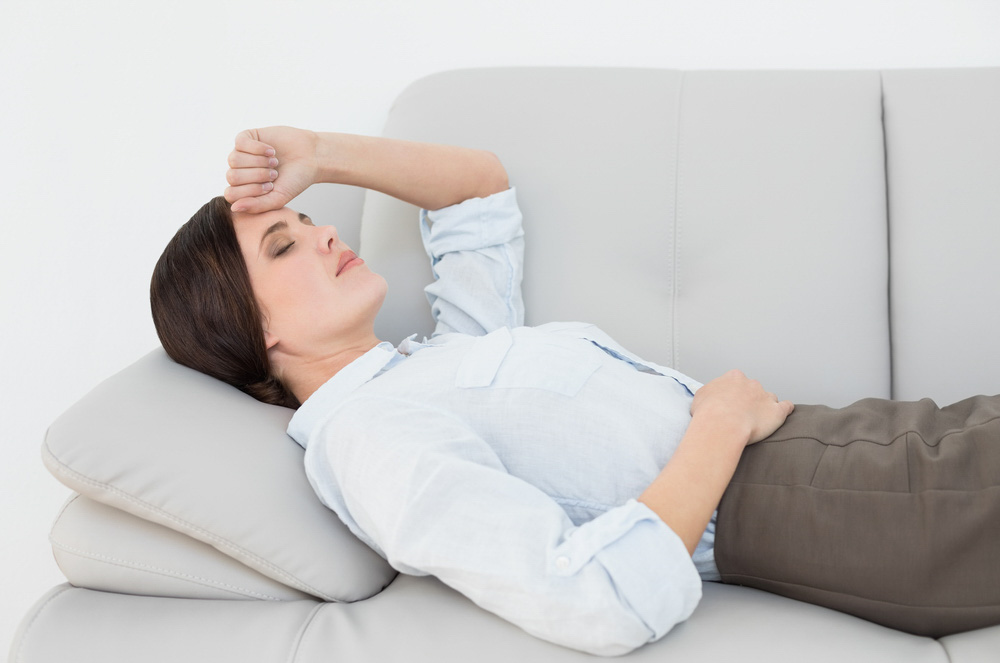The Reality of Profound Scleroderma Fatigue

My rheumatologist refers to my fatigue as being “profound.” Most days I can’t think of a better word to describe it.
Let me share a typical day with you. I’m sure chronically ill people who struggle with fatigue can identify with some of these things.
(First, a disclaimer: The following is NOT an exaggeration. I hope to explain why chronically ill people like me don’t attend events or must ration their visitors to one each week, among many other ways of coping. Second, this is not a “please-feel-sorry-for-me” column; it is a “please-understand-me” column.)
My day gets off to a cracking start …
The alarm goes off at 6:30 a.m. I wake up and my whole body is aching. With a cup of tea and toast brought in by the breakfast fairy (Max), I take a total of 10 tablets for the morning. Once they work it’s time to drag myself into the shower, which now has a seat in it for me. It is just too tiring to stand under the water for long enough to get clean. I dry myself from the waist down first, because that means I can sit on the bed to do the rest. I simply can’t stand there without feeling as if I’m about to pass out with exhaustion. Pausing for between one and three minutes is required between putting on each item of clothing. I’m finally dressed. Then I make my way to the recliner and go to sleep for a while. The shower exhausts me every day.
It’s now mid-morning. Today I find a report online that cheerily tells me the answer to my fatigue is to exercise every day. Excellent! But how is that possible when showering almost causes me to pass out from exhaustion? Now guilt adds to the mounting feelings of inadequacy. This does not help my fatigue.
A friend pops over for coffee, blissfully unaware I’ve spent the past hour attempting to make the bed. Three rests and an hour later, it was done. I try to keep the smile and banter going, while silently thanking the universe that at least some aspects of entertaining people can be done from my recliner.
And on that subject … I enjoy the company of friends. It’s the reality of having to mask how bad I’m feeling that I hate. It’s difficult for friends, you see. Some want there to be a cure for me, but know there isn’t one yet. Others just want me to “get well soon.” I can’t though, and although some understand this, others don’t. I can pick the “others” by their constant inquiries of “How are you today? Any better?” Er, no, this isn’t going to get any better for me … ever (unless a cure is found soon).
Six more pills with lunch (crackers and cheese, boiled egg, something easy). Another nap is in order now.
Oh, nooooooooooo …
The feeling of dread starts upon waking, knowing that dinner will have to be prepared. I also realize at this point that I may have run out of spoons. (The spoon theory explains beautifully how chronic illness and the expenditure of energy works. Here is a link to explain if you’re not familiar).
Dinner:
0 spoons = takeaways (picking up to-go food).
1 spoon = toasted sandwiches, scrambled eggs, beans on toast, or processed food from boxes that can be heated easily in the oven.
2 spoons (this is unusual) = a home-cooked meal, usually something from my healthy recipe stash.
7 pills with dinner.
Tonight is a one-spoon night. I read another article online after dinner that informs me a healthy diet is important for living well with chronic illness. I wonder if a toasted sandwich is healthy, and feel my guilt being fed again.
Its about 9.30 p.m. and I know I’ll need to sleep soon. By 10.30 I’ve usually taken another three pills and made it to the bed. Sleep will come, but several wake-ups during the night also will occur because of pain.
The day is over. I’ll do it all again tomorrow. (See Groundhog Day.)
Fatigue is one of the worst parts of scleroderma.
Note: Scleroderma News is strictly a news and information website about the disease. It does not provide medical advice, diagnosis, or treatment. This content is not intended to be a substitute for professional medical advice, diagnosis, or treatment. Always seek the advice of your physician or other qualified health provider with any questions you may have regarding a medical condition. Never disregard professional medical advice or delay in seeking it because of something you have read on this website. The opinions expressed in this column are not those of Scleroderma News, or its parent company, BioNews Services, and are intended to spark discussion about issues pertaining to scleroderma.








Comments